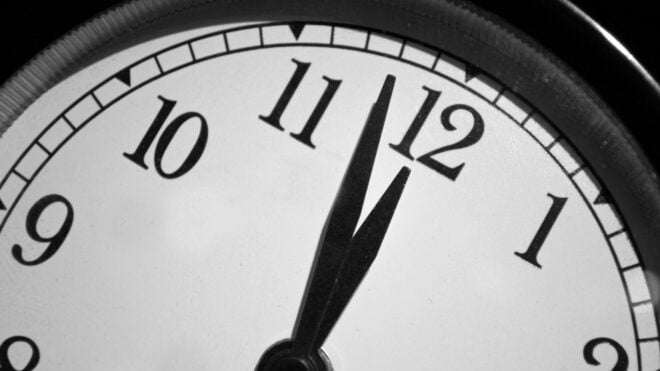Anyone who has ever experienced dry mouth knows how uncomfortable it can be.
There are plenty of reasons your mouth may be feeling exceptionally parched, but dry mouth, or xerostomia, is usually caused by a lack of saliva production.
We need saliva to do all kinds of things in our mouths, like restore pH balance or flush out bacteria.
Without enough if it, our mouths can develop a sticky dry feeling, a raw tongue, and a painfully parched throat.
Fortunately, there are plenty of reasons why dry mouth can occur — and a lot of ways to treat it!
Making a few simple lifestyle changes, like chewing sugar free gum on the regular, can boost up your salivary glands and get you feeling nice and hydrated again.
However, it's important to always speak to your doctor before trying any of these home remedies.
Check below to learn about dry mouth's many potential culprits, as well as treatment options to kick that gross sticky, dry feeling!
What Causes Dry Mouth? Cause #1: Medication Side Effects
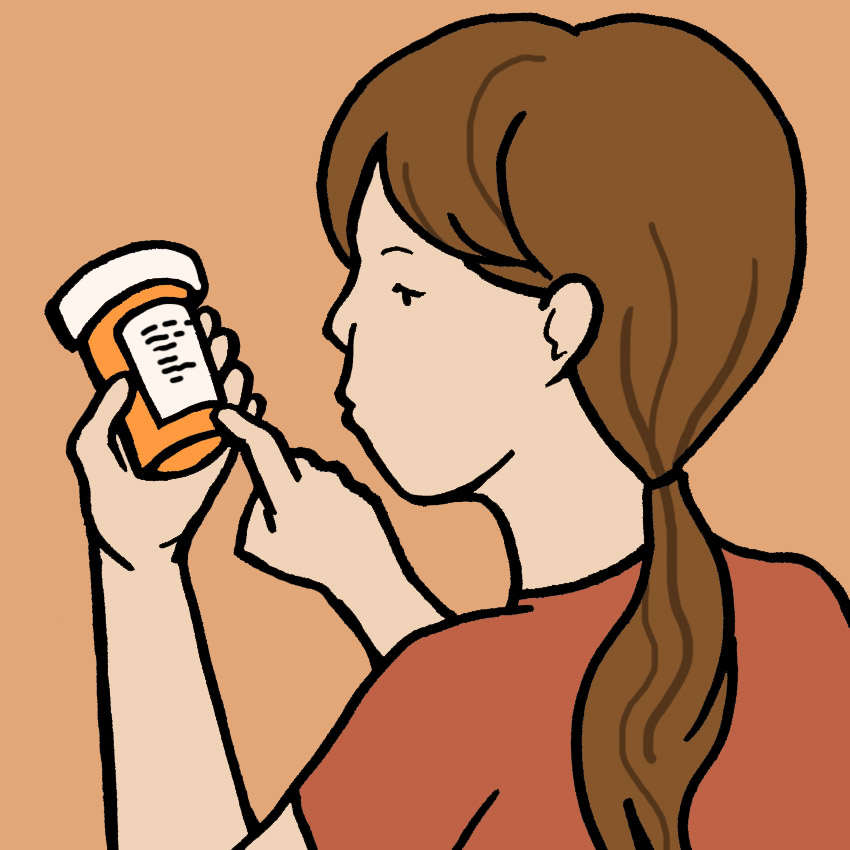
You could be taking a certain medication that causes dry mouth.
Hundreds of medicines have this stick side effect — even some that are sold over the counter.
But according to the Mayo Clinic, the most common meds that cause dry mouth are depression medications, pain medications, and muscle relaxants.
Cause #2: Chemotherapy
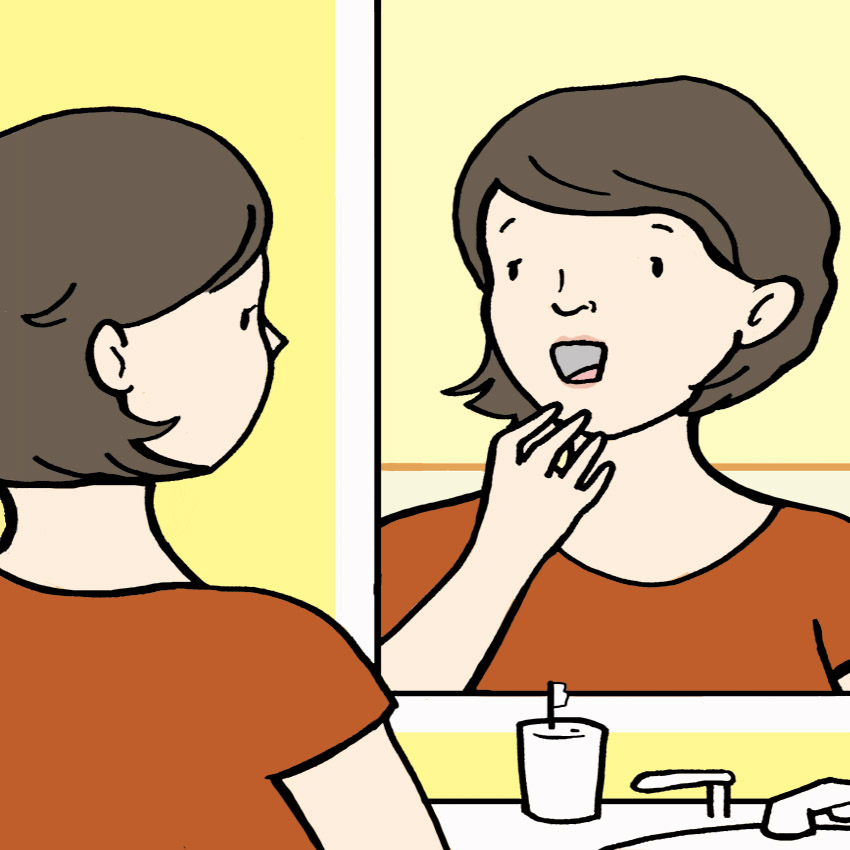
Cancer treatments, like chemotherapy drugs, can cause dry mouth by altering the nature of your salivary glands.
Radiation may also damage them, if you are getting treatment on your head and neck.
This may be temporary, depending on the dosages and damage, and there is a chance that normal saliva flow will resume after your treatment.
Cause #3: Nerve Damage
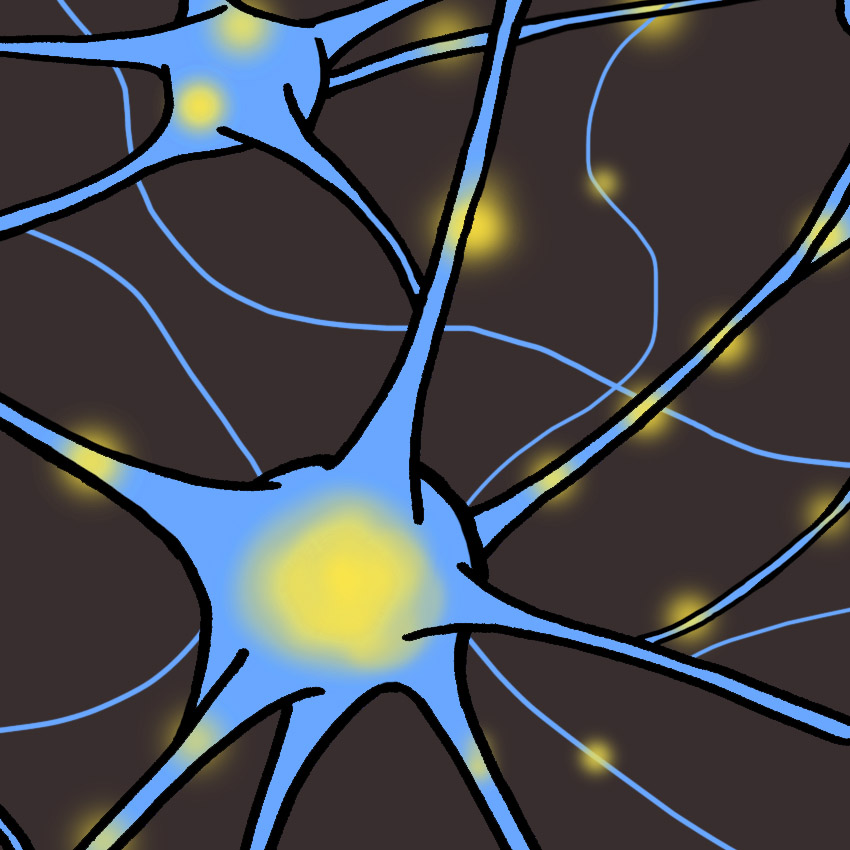
Experiencing nerve damage in your head and neck can also cause a dry parched feeling in your mouth, according to Medicinenet.
If the nerves that provide feeling in your mouth become damaged, it can be hard for you to process moisture or salivation, which can create the feeling of dryness and dehydration.
Cause #4: Dehydration
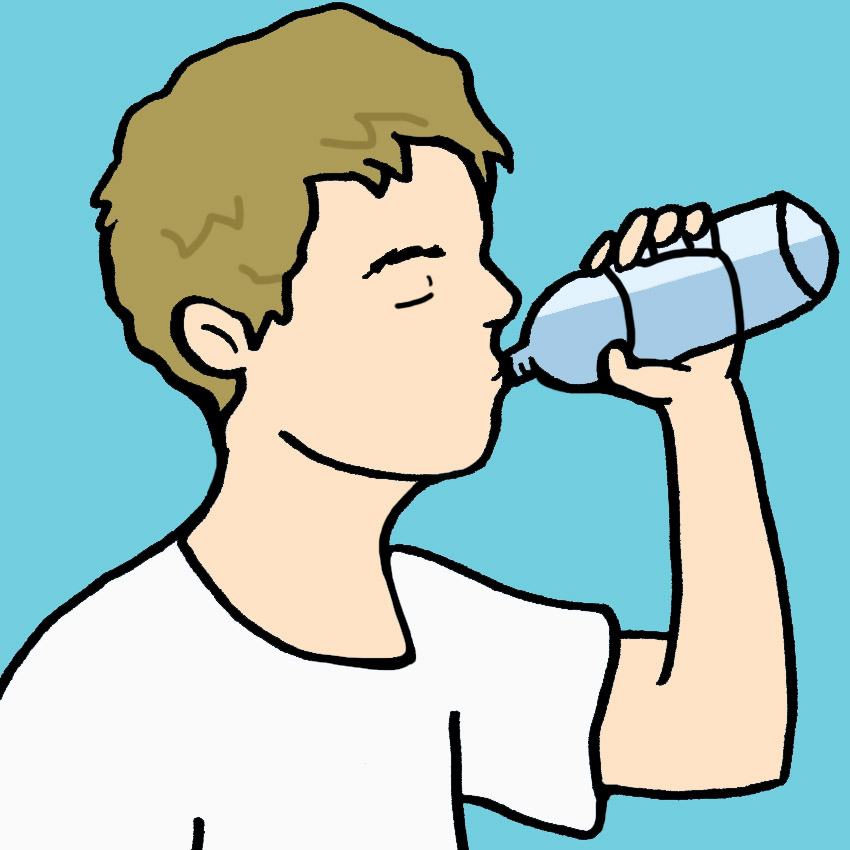
Though it may seem fairly obvious, dehydration can cause dry mouth symptoms.
A dry, sticky mouth is usually a sign of mild dehydration, which can be cured by drinking plenty of fluids.
So if you are feeling dry and parched, the answer may be as easy as grabbing for a bottle of water.
Cause #5: Smoking
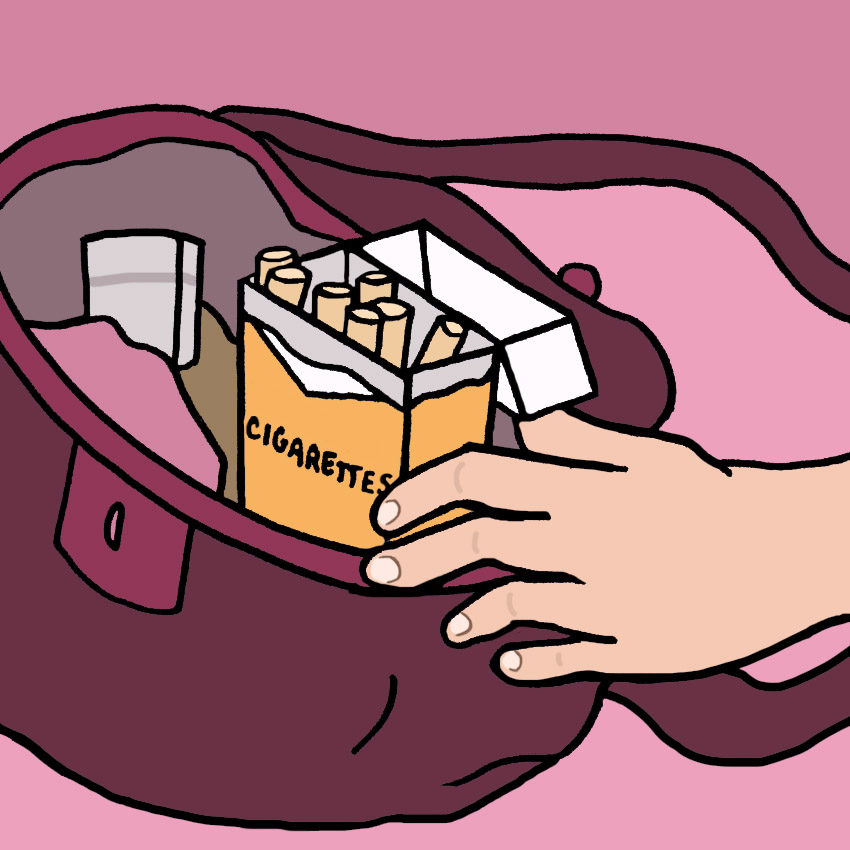
Cigarettes can cause plenty of different and unpleasant symptoms, one of them being dry mouth.
Frequent pipe, cigar, and cigarette smoking makes it hard for moisture to accumulate in your mouth.
So if you are frequently experiencing that gross, sticky feeling in your mouth, you may want to cut back or look into quitting.
Cause #6: Certain Diseases Or Infections
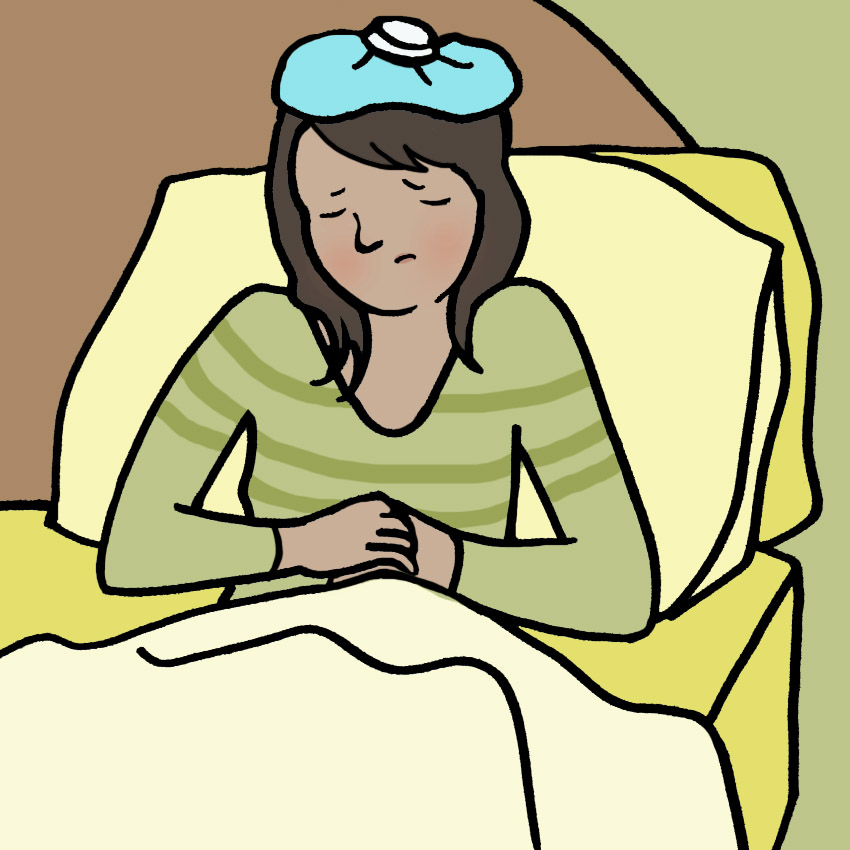
Dry mouth is also a symptom of many different infections and diseases.
According to WedMD, they can range from Alzheimer's and HIV to cystic fibrosis or rheumatoid arthritis.
However, there are plenty of other symptoms that make up these illnesses, so make sure to monitor your body for other symptoms.
And though there are many causes for dry mouth, there are also plenty of ways to treat it — check below to learn a few.
How Can I Treat Dry Mouth? Treatment Method #1: Drink More Water
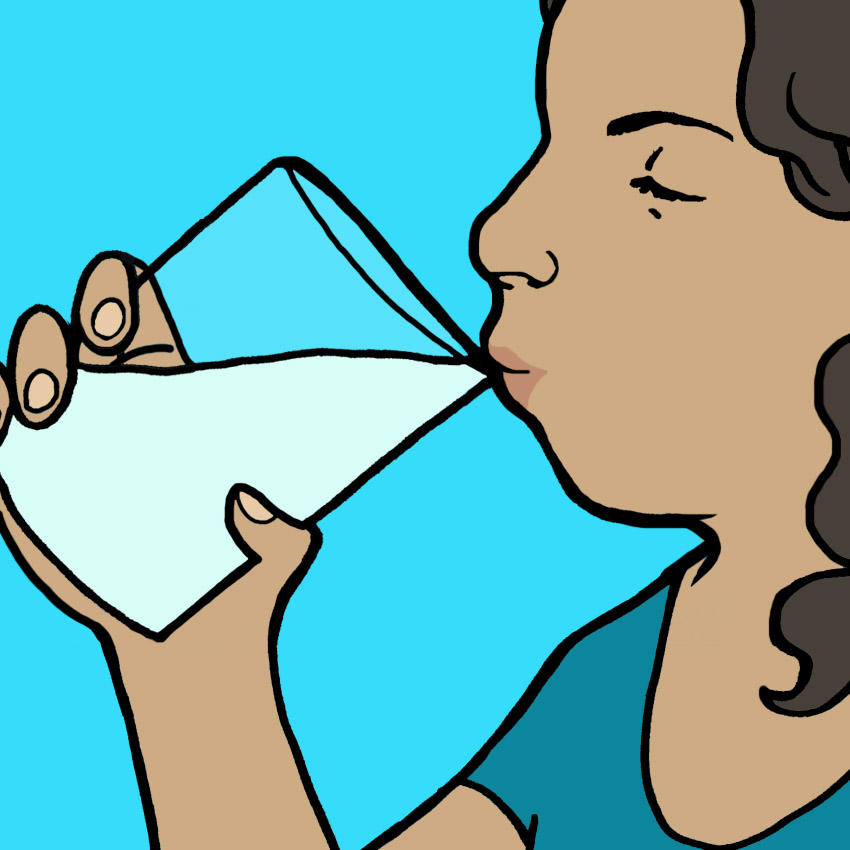
This is a super simple way to help combat dry mouth: drinking plenty of fluids!
And it won't only help keep your mouth quenched short-term: Drinking stimulates your salivary glands so they produce the proper amount of moisture.
This is one of many reasons why it is important to stay hydrated, so make sure you are trying to drink around eight glasses a day.
Treatment Method #2: Chew Sugarless Gum
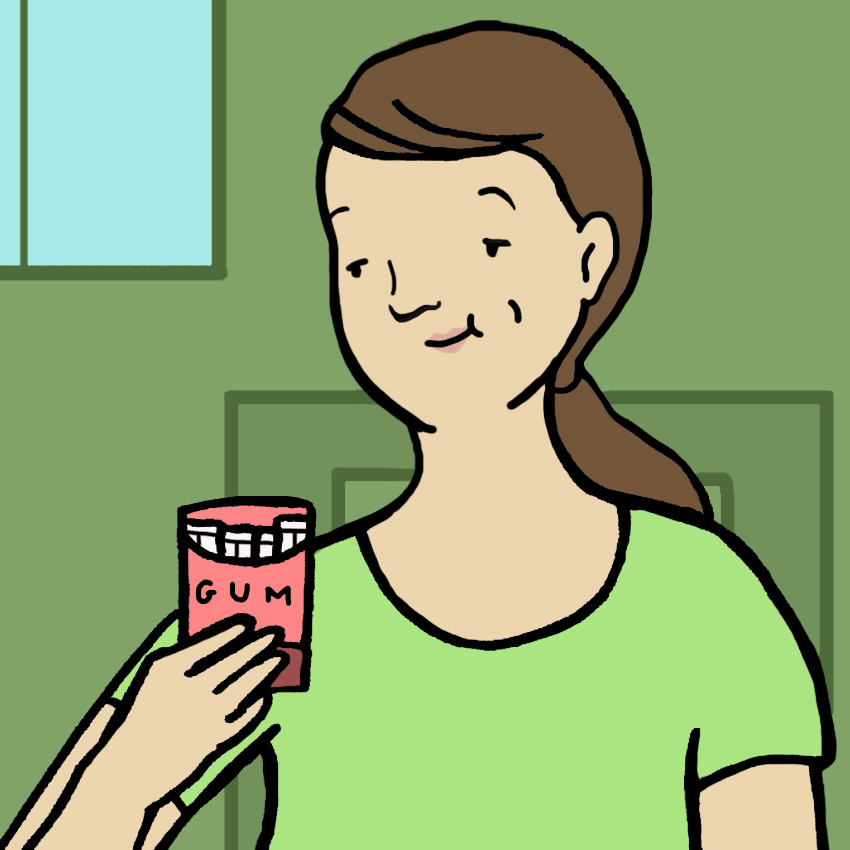
Another easy way to moisten a dry mouth is to chew sugar-free gum.
Chewing gum stimulates your salivary glands so that your mouth stays moist.
Just make sure that it is sugar-free — foods that have too much sugar can actually have the opposite effect!
Treatment Method #3: Use A Humidifier
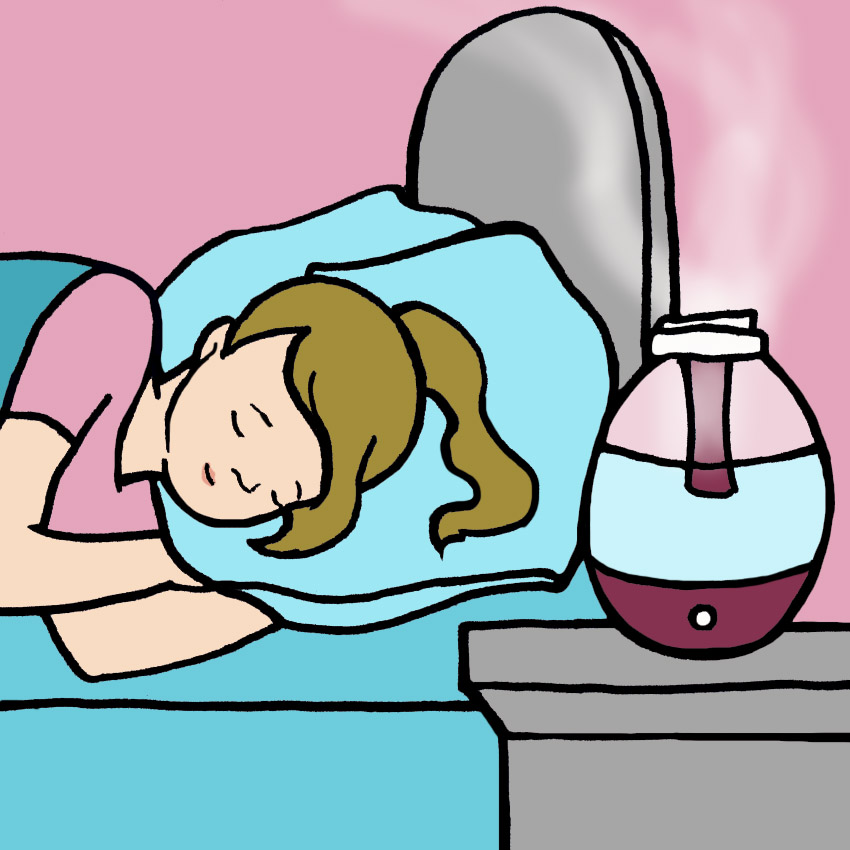
Having a dry mouth could mean that you are spending too much time in a dry environment.
This can be solved with a humidifier: it adds humid, moist air wherever you need it to.
Try sleeping next to a humidifier — you should wake up without a painful dry feeling in your mouth.
Treatment Method #4: Limit Smoking And Alcohol Intake
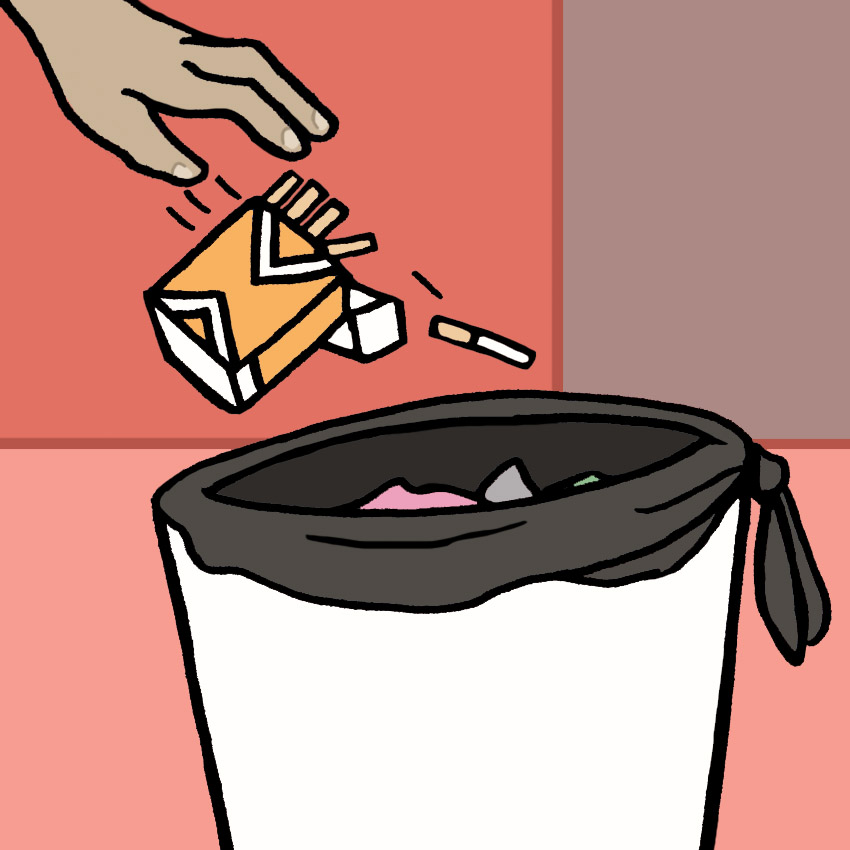
As mentioned before, smoking can be the primary culprit for your dry mouth symptoms.
Alcohol can also seriously deplete the moisture levels in your mouth — anyone who has ever woken up dehydrated from a night out knows this!
Even moderate smoking and drinking can cause these symptoms, so see how your body responds by cutting back on both.
Treatment Method #5: Avoid Acids And Caffeine
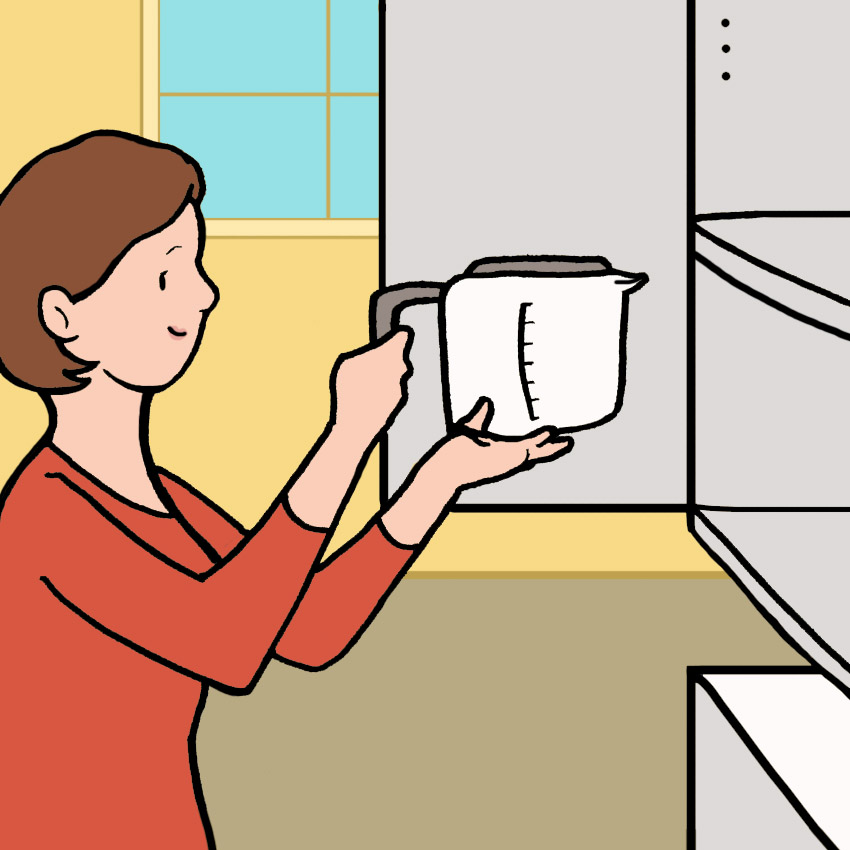
Though it may not directly be linked to coffee drinking, too much caffeine can make you dehydrated, which can then cause dry mouth.
Try limiting your coffee consumption if you notice your mouth getting dry — if may help improve your symptoms.
Acidic food like vinegar can also irritate a parched mouth, so you may want to hold off on them until your symptoms are under control.
Treatment Method #6: Buy The Right Toothpaste
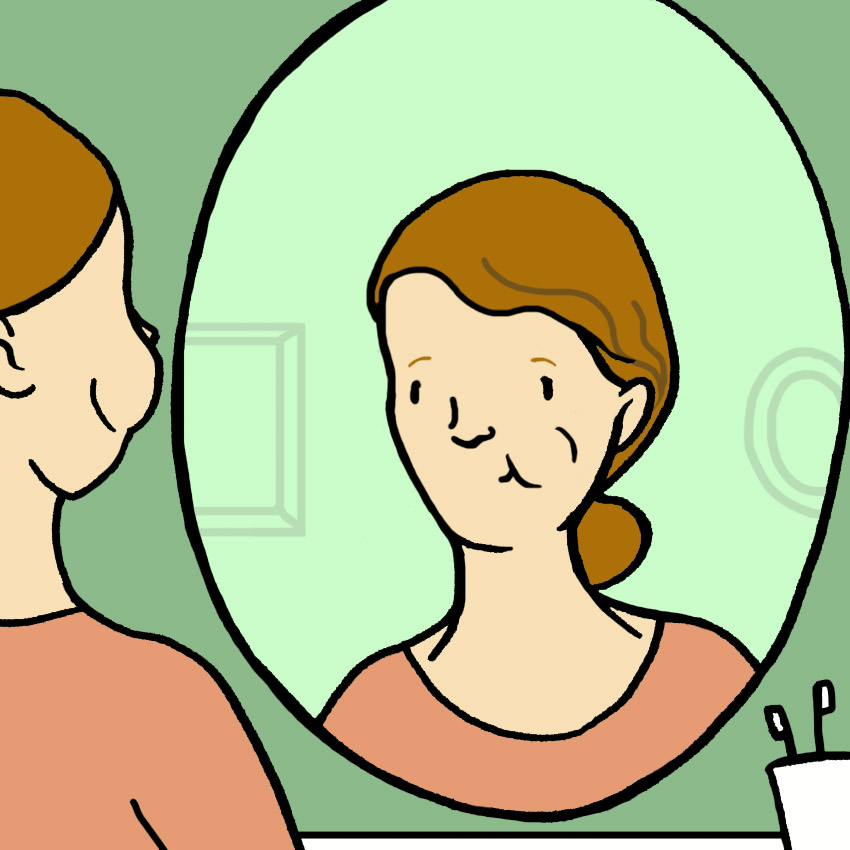
The uncomfortable feelings in your mouth may be dependent on what toothpaste and oral care you are using.
Try to find products that are designed to combat dryness, every little bit can help get you closer to a hydrated mouth.
Dry mouth can be uncomfortable, but fortunately, there are plenty of ways to combat it — whether its drinking more water or forgoing that other cup of coffee!
If you're experiencing persistent dry mouth, be sure to bring it up to your doctor — and please SHARE these important tips on Facebook!

